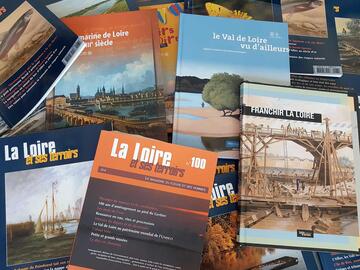The ACP-EU Water Facility is a European Union programme launched in 2004 within the framework of the 9th European Development Fund. The Facility, which targets developing countries in Africa, the Caribbean and the Pacific (ACP), is a response to the need to speed up the provision of additional resources and work directly with those countries most affected by a shortage of access to water and a lack of basic hygiene for their people.
The aim is to stimulate the development of water supply and
drainage infrastructure, and to improve water regulation and water
resource management practices in the ACP countries, by helping to
meet their need for financing.
A project for the River Niger in Mali
One of the initiatives taking place as part of this programme
is the UNESCO-backed project for the River Niger in Mali, which
aims to support improvements in the technical skills of the local
authorities situated along the banks of the river, as well as their
institutional abilities and how they consult with others.
Decentralised cooperation
to support the initiative
Implementing the initiative in practice will mean relying on
the existing decentralised cooperation agreements between local
authorities situated along the banks of the Niger and French local
authorities, particularly those alongside the Loire, which
established a Loire-Niger partnership in 2005. Local authorities
and specialist institutions (notably the Agency for the
Loire-Brittany basin), will provide local authorities,
municipalities and institutions in Mali with methodological and
technical assistance in the various areas of the initiative.
The International Rivers and Heritage Institute, a department
of the Val de Loire Mission, will be mainly involved in the areas
of education and research. The other departments of the Val de
Loire Mission will offer their expertise in river heritage
management techniques to local authority and central government
departments in Mali.
A five-pronged approach
The initiative can be broken down into five key elements:
• Improving understanding of the uses and users of the
river
• Strengthening the institutional framework for
decentralised water management
• Improving the range of training available to local
authorities
• Carrying out pilot demonstrations to test regulatory
systems, verify the content of training courses and put in place
operational initiatives to help combat poverty.
• Capitalisation and dissemination of the methodological
skills and knowledge acquired to help extend the approach to a
national and sub-regional level, throughout the Niger basin, using
a variety of media.
The initiative is characterised by its support for taking
into consideration the socio-economic and cultural practices around
the river, and this is intended to help strengthen municipalities
in their roles as contracting authorities, thereby increasing the
impact of water management projects on the fight against
poverty.
ACP-EU Water Facility
